In the export processing zones of Karachi (Pakistan), the air is always thick with the smell of fabric dust and the hustle and bustle of money. Every day, convoys of trucks line up carrying giant packages to factories like Silver Denim. Inside are tons of used clothes, "outdated" items discarded from Europe (EU), the UK or the US, starting a new economic journey in this South Asian country.
Pakistan is witnessing a classic economic paradox of the era of fast-moving consumerism: A booming secondhand market is generating billions of dollars in profits, but is also pushing the country to the brink of a serious environmental crisis.
Gold mine from Western fashion "trash"
In the context of a volatile global economy, hyperinflation and rising poverty have inadvertently created a huge growth lever for the secondhand goods industry in Pakistan.
Figures from the Pakistan Business Council paint a vibrant financial picture: Between July 2023 and June 2024 alone, the country spent $511 million on used clothing imports, a whopping 18% increase from the same period the previous fiscal year. This telling figure confirms Pakistan’s position as one of the most important links in the global textile recycling supply chain.
At the sorting plants, the process is as smooth as any modern production line. Workers at Silver Denim and similar facilities sort clothes by quality. The best are re-exported to African markets or distributed throughout Pakistan. The rest—the unsellable stuff—is where the trouble begins.
Mr. Umair Yousaf, Director of Silver Denim, could not hide his optimism about the business situation: "Business has never been better than it is now."
According to him, consumer awareness is changing dramatically. Generation Z, with access to information online, no longer considers secondhand goods as a "downgrade" choice. They look to secondhand as a solution to save resources and protect the environment.
However, looking deeply into the social structure of Pakistan, the main driving force of this "fever" does not come solely from Gen Z-style environmental protection consciousness, but stems from the pressure of survival.
With nearly 45% of the population living below the poverty line, Pakistanis are extremely price-sensitive. In local markets, where 10-20% of imports are consumed, a secondhand shirt can cost as little as $2-$4. A new, locally made shirt can cost between $18-$25.
This 6-10 times price difference makes new clothes a luxury, while second-hand goods become a necessity. Traders estimate that although most of the imported goods are re-exported, the domestic market is still a huge "pie" serving millions of low-income people.
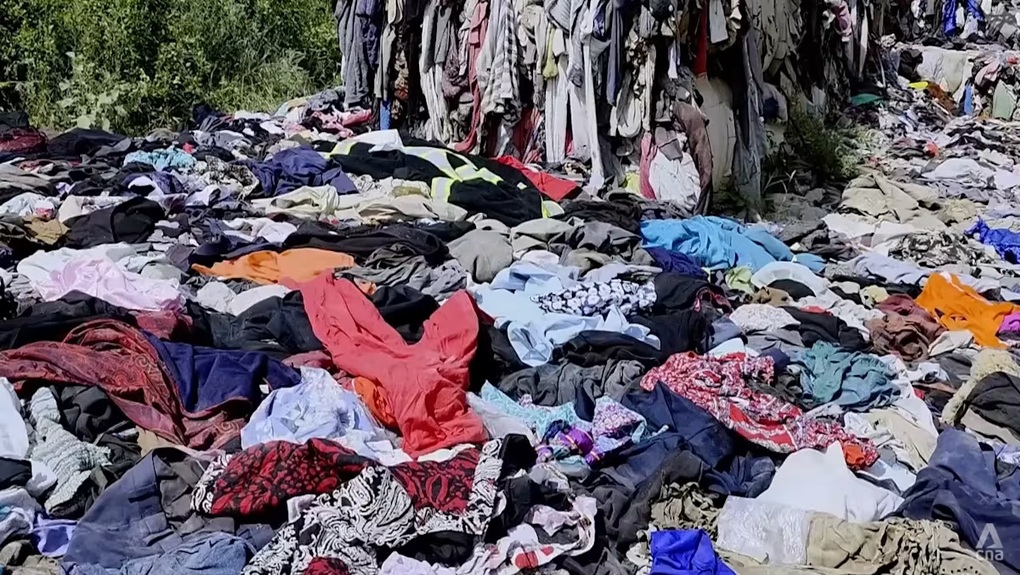
Used clothes pile up at a landfill in Karachi, Pakistan (Photo: CNA).
The Dark Side of ESG: When Developing Countries Become "Dumping Dumps"
The business story stops when we look at the "E" (Environment) in the ESG model. The import boom is accompanied by a huge external cost that is not recorded on corporate balance sheets: environmental pollution.
The Pakistan Textile Mills Association’s 2023 report shows that textile waste from the West is pouring in. In 2021, the EU exported about 1.4 million tons of surplus textiles and clothing globally, with exports to Pakistan worth $46 million. But not all of it reaches consumers.
The harsh reality is that a large proportion of imported goods are of such poor quality, torn or dirty that they cannot be reused. They end up being thrown away or burned – the most primitive and toxic method of waste disposal.
The statistics are startling to policymakers: Pakistan is saddled with about 270,000 tons of discarded textile waste each year.
The country’s waste management infrastructure has failed to keep pace with the pace of imports. Karachi, a megacity of over 20 million people that is the center of these imports, has just three sanitary landfills.
More alarmingly, the city has no dedicated textile waste treatment facilities, turning its suburbs and vacant lots into giant mountains of textile waste, smoldering and emitting toxic gases.
A warning about inequality in the supply chain
Professor Sohail Yousaf, an environmental science expert at Quaid-i-Azam University, made a sharp observation on the social (S) aspect of the problem: "Developing countries should not be used as dumping grounds for developed countries."
He highlighted the inequities in this business model: Only a small group of traders and businesses benefit financially from importing and re-exporting, while the vast majority of people bear the health risks and polluted living environment. "There should be laws. We should ban this," Professor Yousaf said.
The Pakistani government has also begun to recognise the risks. Calls have been made for sustainable fashion, innovative recycling and the promotion of environmentally friendly domestic manufacturing. However, amid inflationary pressures and demand for low-cost consumer goods, these solutions are still struggling to find their footing.
Many climate scientists warn that without global reform and strong protection measures, Pakistan will continue to suffer the environmental consequences of the developed world's wasteful consumption habits.
Pakistan's junk-buying frenzy is, after all, a typical slice of an incomplete circular economy: where the line between "recyclable resources" and "toxic waste" is more fragile than ever.
Source: https://dantri.com.vn/kinh-doanh/kiem-ty-usd-tu-do-cu-nghich-ly-kinh-te-va-bai-rac-thoi-trang-o-pakistan-20251124225534359.htm




![[Photo] Close-up of Ba Ha River Hydropower Plant operating to regulate water to downstream](/_next/image?url=https%3A%2F%2Fvphoto.vietnam.vn%2Fthumb%2F1200x675%2Fvietnam%2Fresource%2FIMAGE%2F2025%2F11%2F25%2F1764059721084_image-6486-jpg.webp&w=3840&q=75)

![[Photo] Prime Minister Pham Minh Chinh receives Governor of Gunma Prefecture (Japan) and Special Advisor to the Japan-Vietnam Friendship Parliamentary Alliance](/_next/image?url=https%3A%2F%2Fvphoto.vietnam.vn%2Fthumb%2F1200x675%2Fvietnam%2Fresource%2FIMAGE%2F2025%2F11%2F25%2F1764066321008_dsc-1312-jpg.webp&w=3840&q=75)

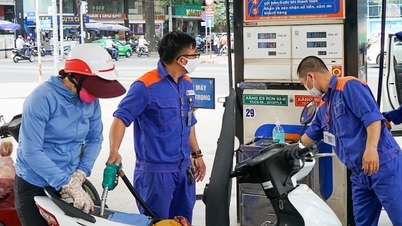

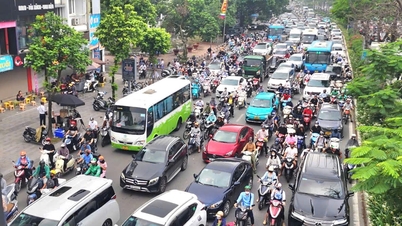



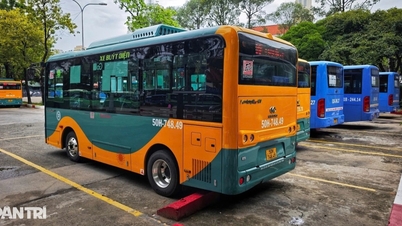
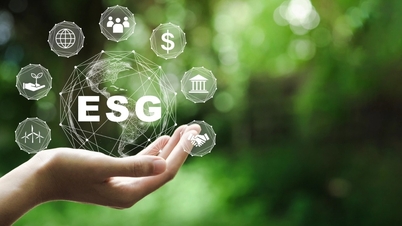


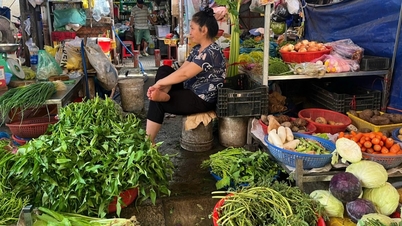
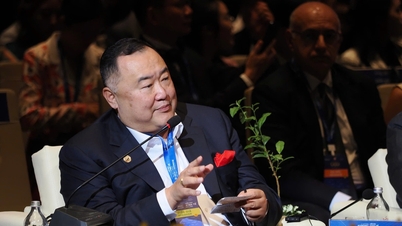

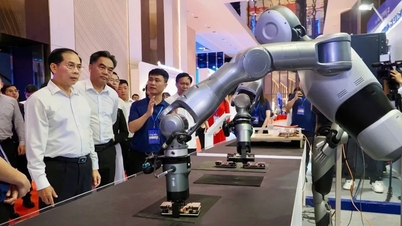






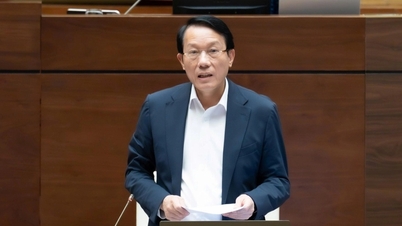


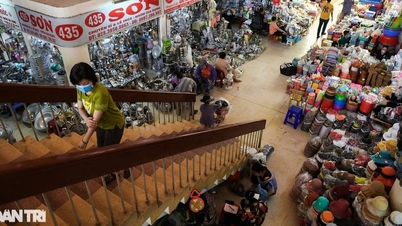
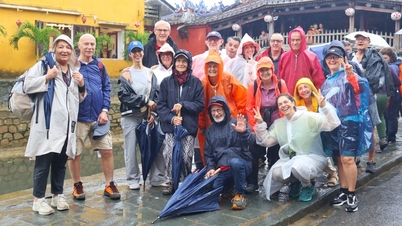


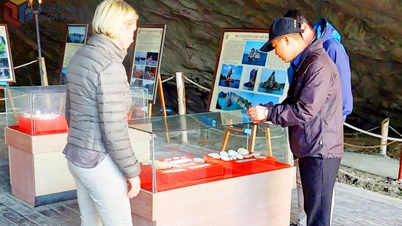

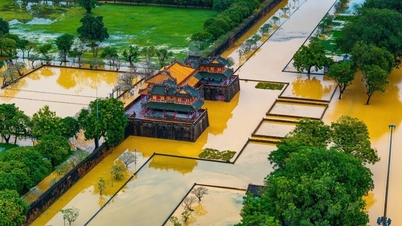

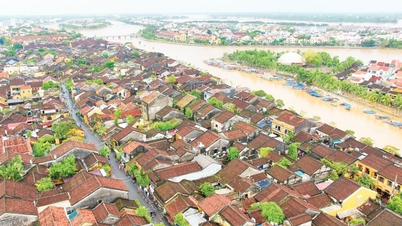


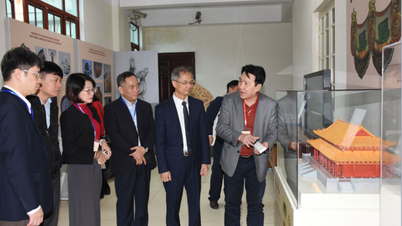







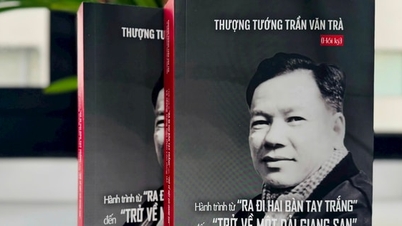

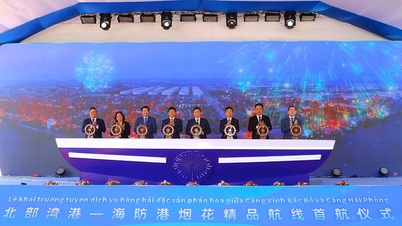

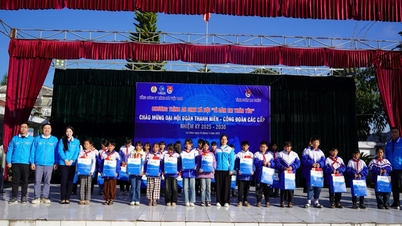
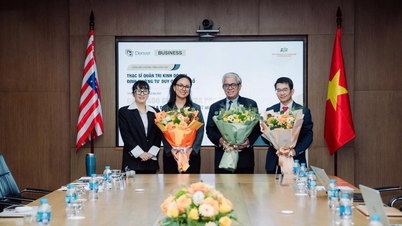

![[Answer] Should I install an elevator for an old renovated house?](https://vphoto.vietnam.vn/thumb/402x226/vietnam/resource/IMAGE/2025/11/25/1764039191595_co-nen-lap-thang-may-cho-nha-cai-tao-cu-khong-04.jpeg)












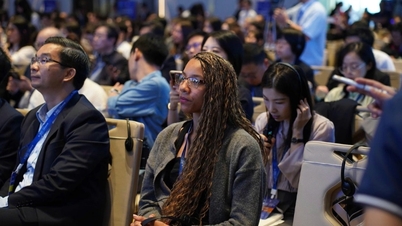


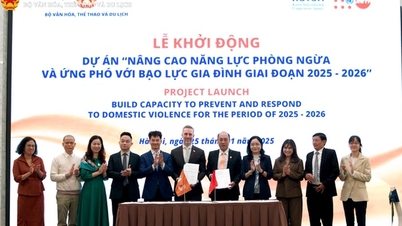

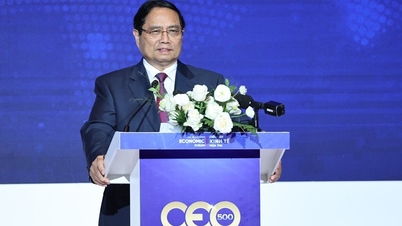

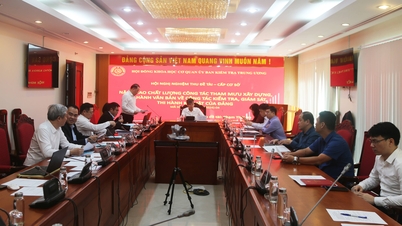

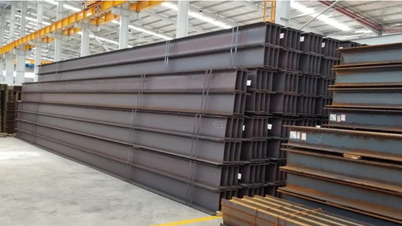

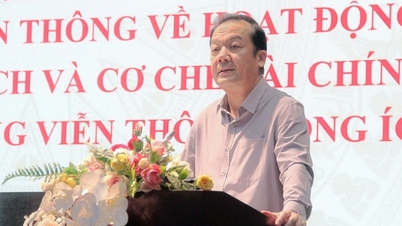




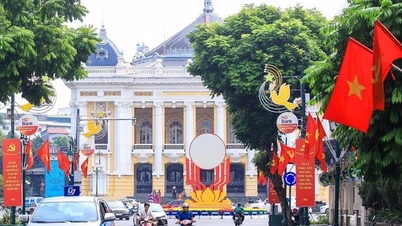


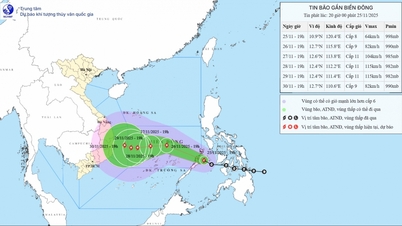


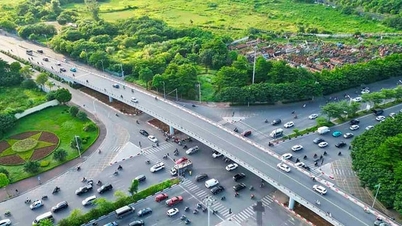









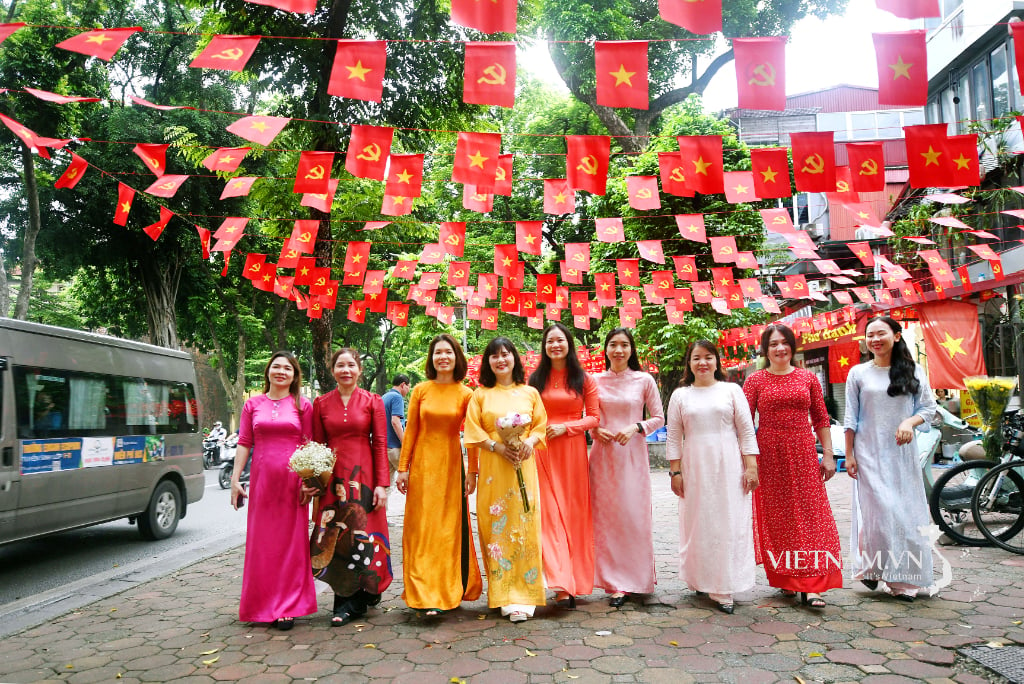



Comment (0)